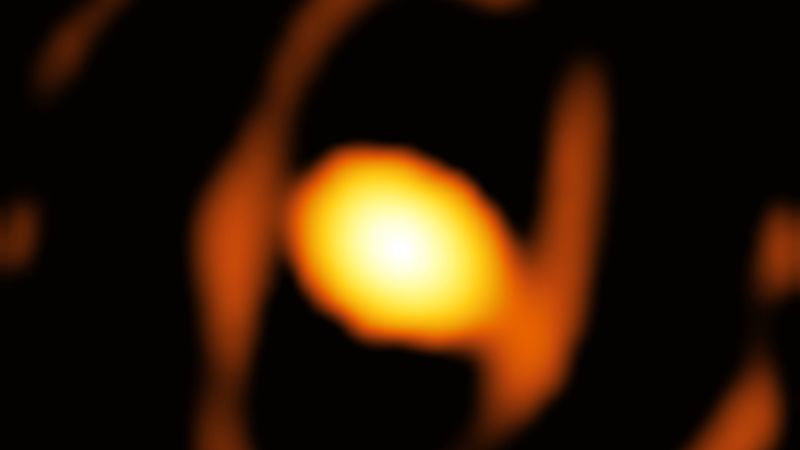
Passive Heat Exchangers
Passive heat exchangers are devices that transfer heat between two fluids without the use of external power. In space and astronautical engineering, passive heat exchangers are used to regulate the temperature of spacecraft and their components. They rely on natural heat transfer mechanisms such as conduction, convection, and radiation to transfer heat. Passive heat exchangers are designed to operate in extreme environments, such as the vacuum of space, and must be able to withstand high levels of radiation and thermal cycling. They are often used in conjunction with active cooling systems to provide redundancy and increase the reliability of the spacecraft. Passive heat exchangers can take many forms, including heat pipes, thermal straps, and radiators.
Your Previous Searches
Random Picks
- Relative Humidity: Relative humidity is the ratio of the amount of water vapor present in the air to the maximum amount of water vapor that the air can hold at a specific temperature and pressure. In space and astronautical engineering, relative humidity is a ... Read More >>
- Impeller: In space and astronautical engineering, an impeller is a device used to move or pump fluids or gases. It consists of a rotating component, usually made of blades or vanes, which transfers energy to the fluid or gas. Impellers are commonly u ... Read More >>
- MSU: MSU stands for Michigan State University, which is a public research university located in East Lansing, Michigan, United States. In the context of space and astronautical engineering, MSU has a strong presence in the field of astrophysics ... Read More >>
Top News

Archaeologists discover 4,000-year-old canals used to fish by predecessors of an...
Using drones and Google Earth imagery, archaeologists have discovered a 4,000-year-old network of earthen canals in what’s now Belize...
News Source: ABC News on 2024-11-22

First close-up image of a star beyond our galaxy may reveal impending supernova...
Astronomers have taken the first close-up image of a star beyond our galaxy, and it’s a “monster star” surrounded by a cocoon as it slowly dies....
News Source: CNN on 2024-11-21

Bestselling author explains the science of happiness: "You can do the work"...
Bestselling author and Harvard professor Arthur Brooks opens up about how enjoyment, satisfaction and meaning in life can increase a person's wellbeing....
News Source: CBS News on 2024-11-18

November's full moon, known as the Beaver Moon, is the last supermoon of 2024. H...
November's full moon, known as the Beaver Moon, is the last supermoon of 2024. Here's when it peaks and why it's called the Beaver Moon....
News Source: CBS News on 2024-11-15

You can't put a price on the sense of awe particle physics inspires...
Astronomy and particle physics are no longer seen as vital by the US establishment, so funding has fallen. But our work creates a sense of wonder, and wonder matters, says Chanda Prescod-Weinstein...
News Source: New Scientist on 2024-11-13